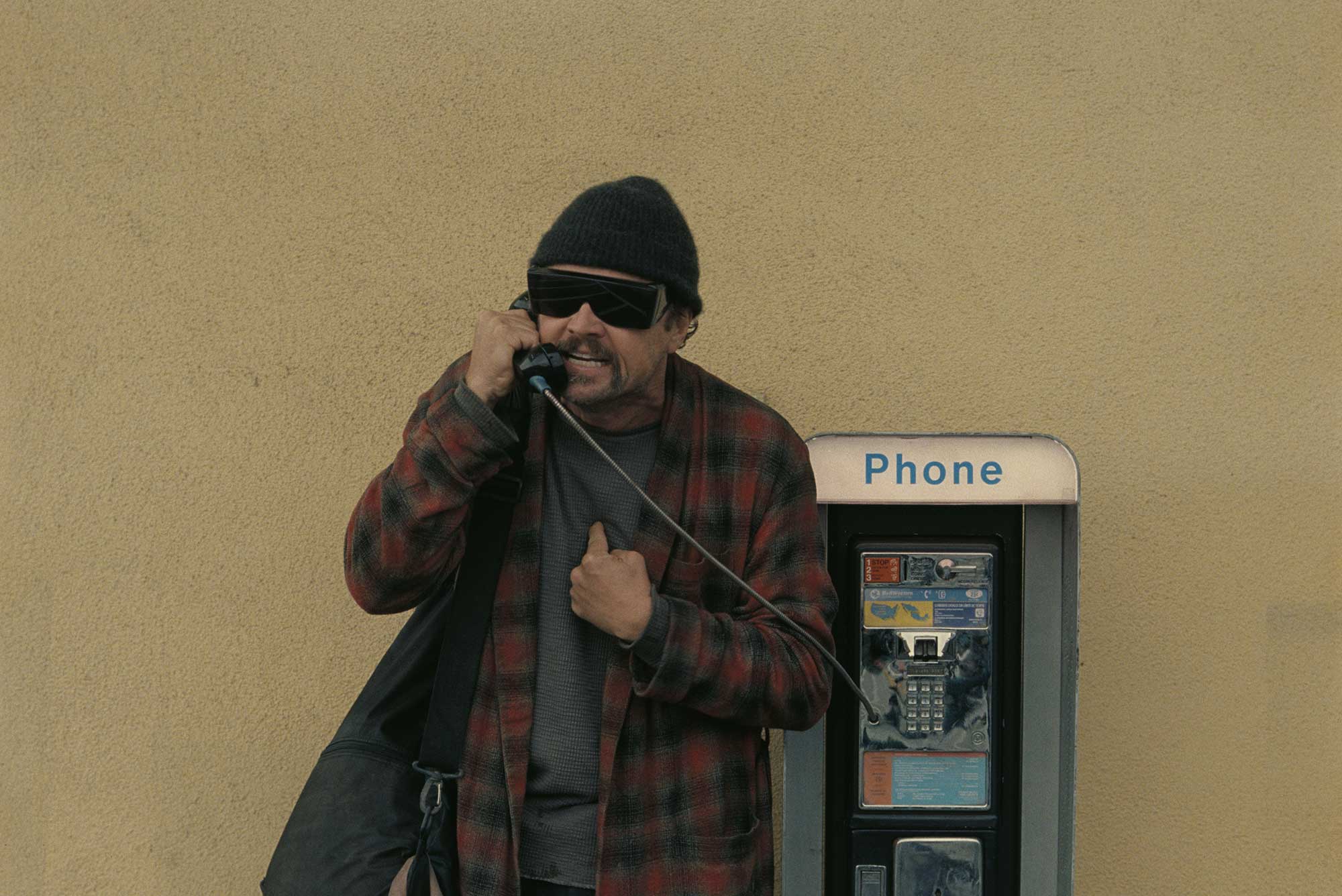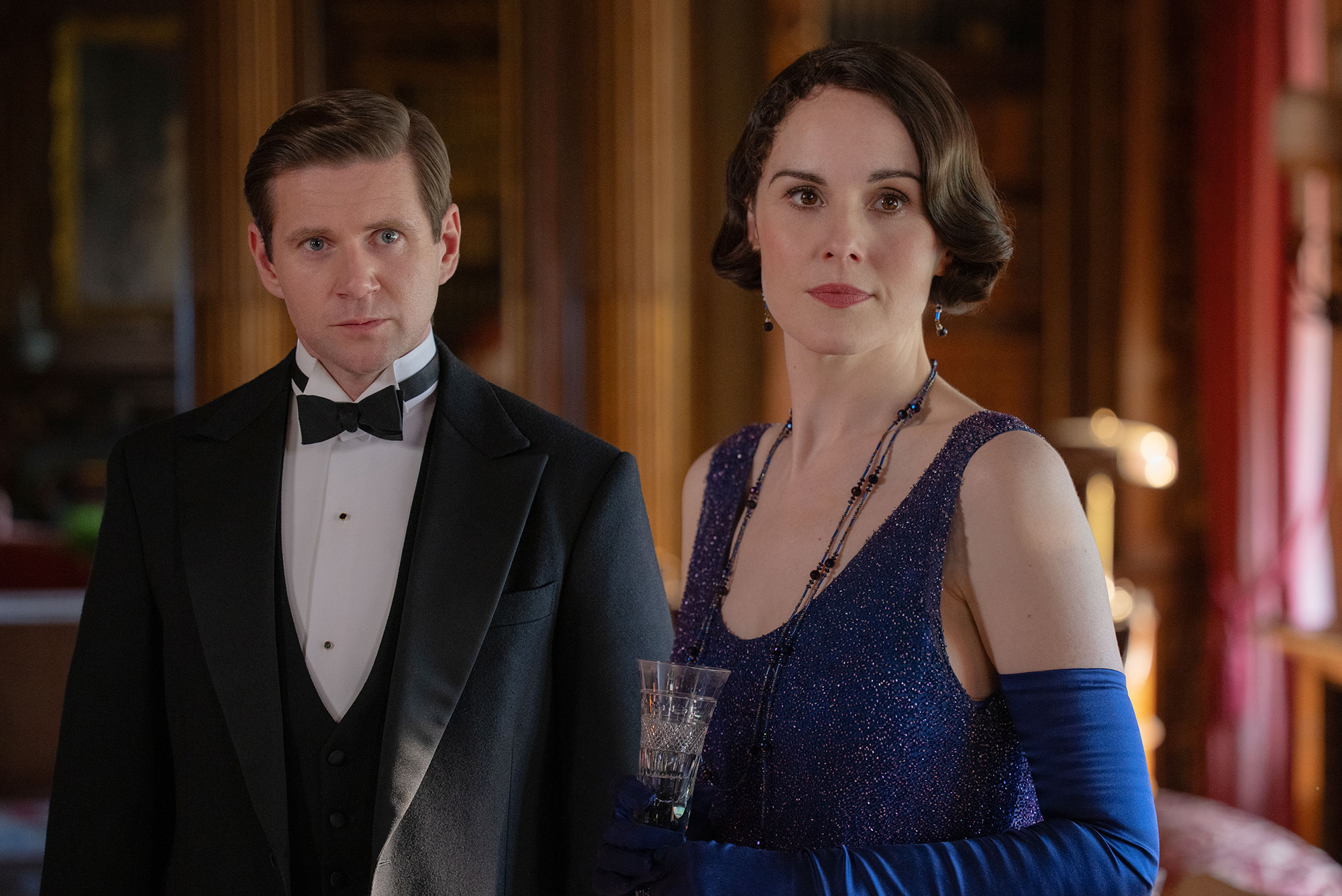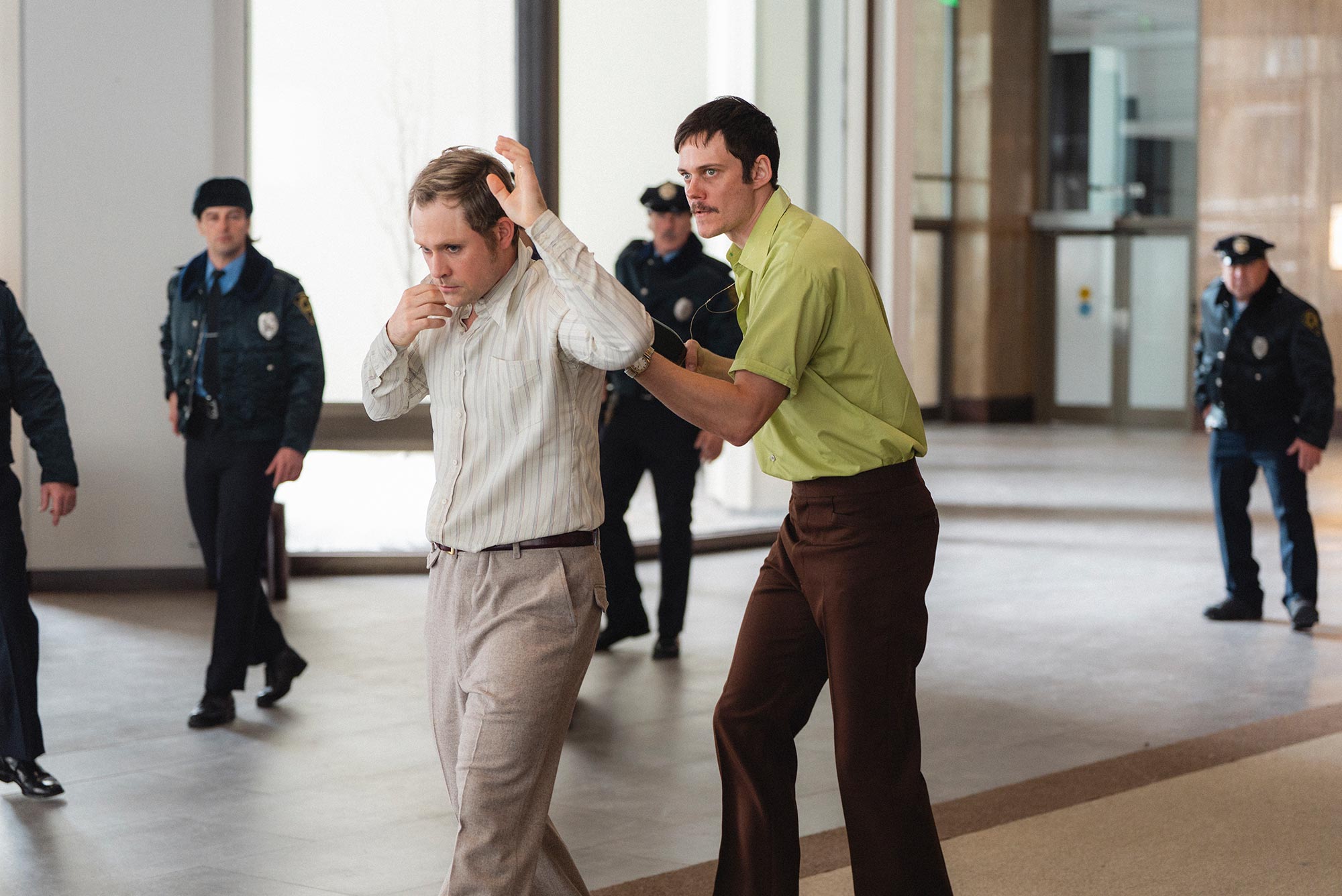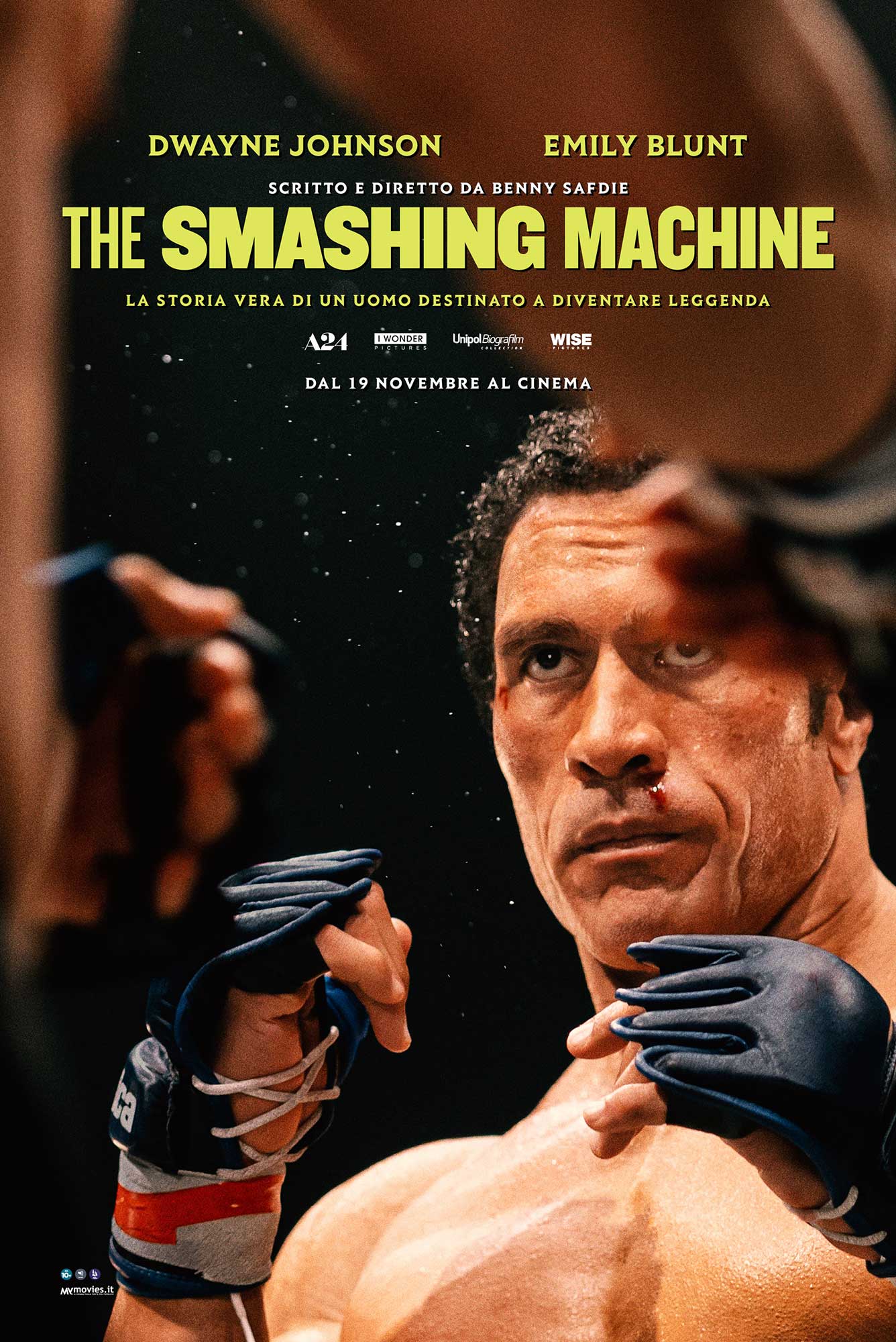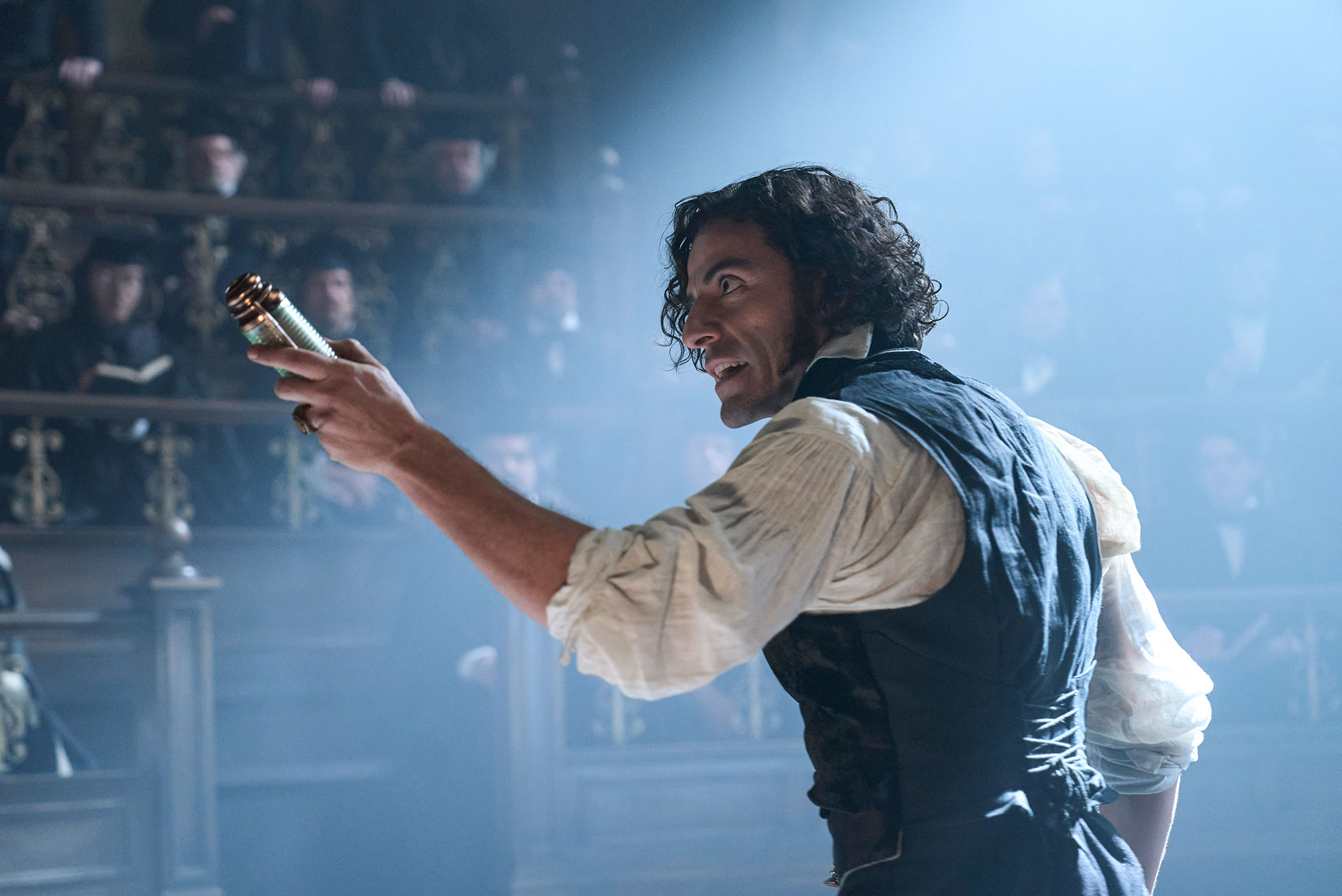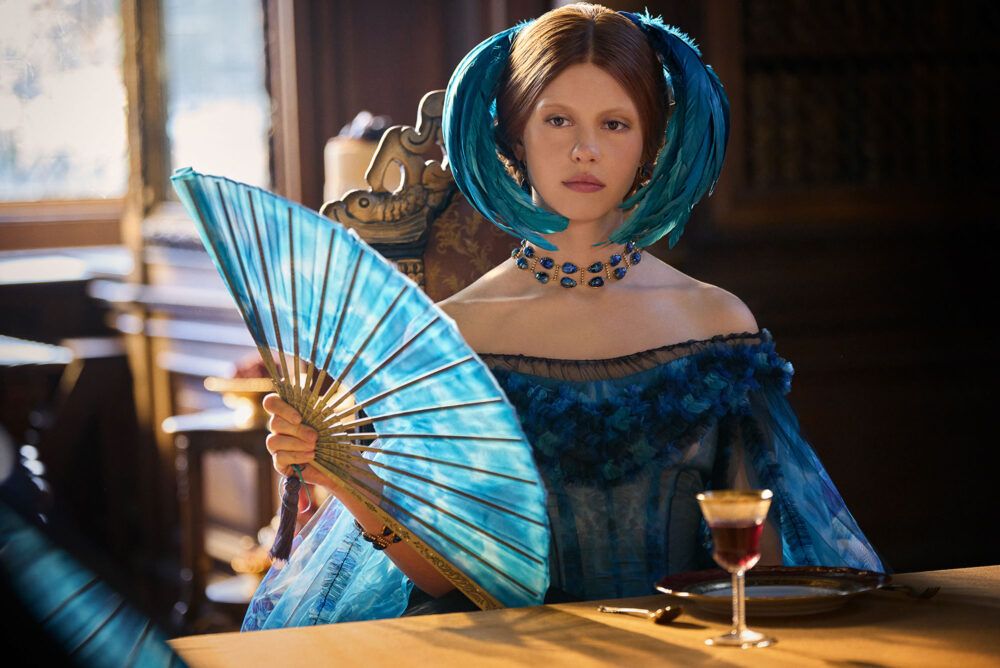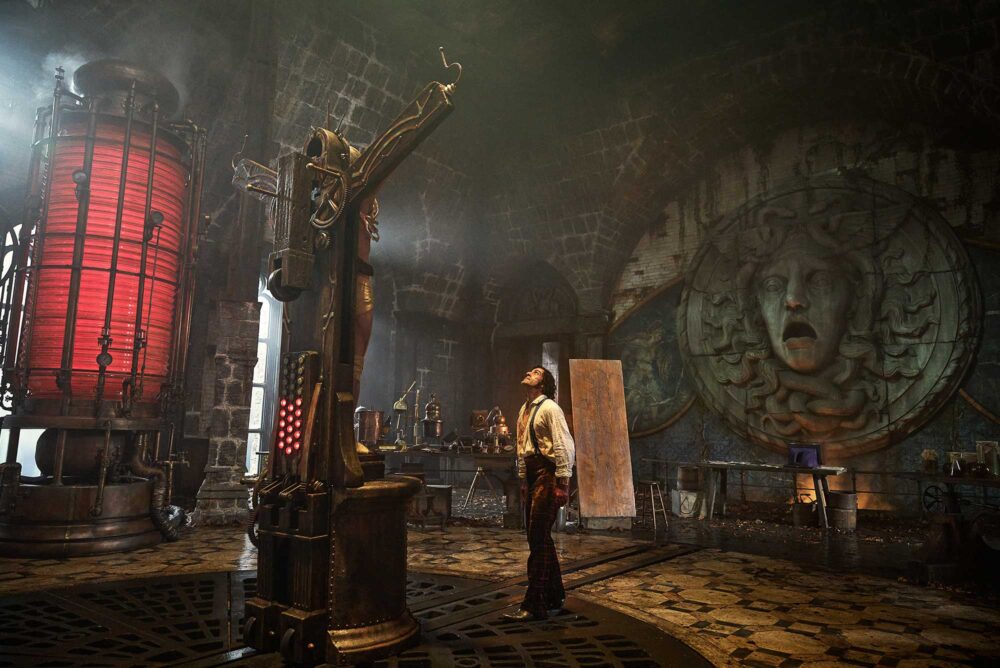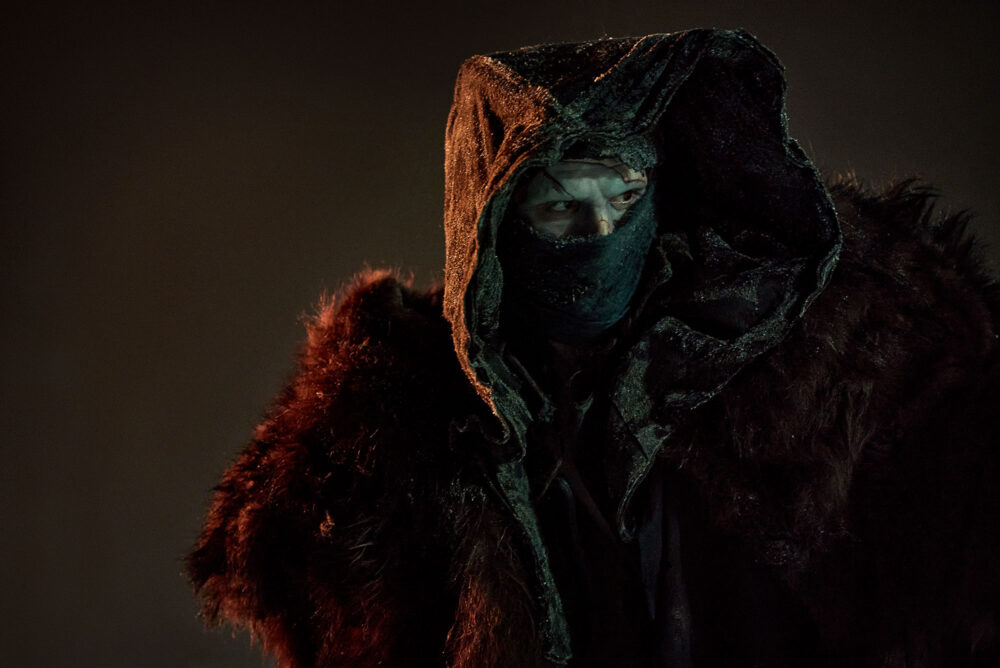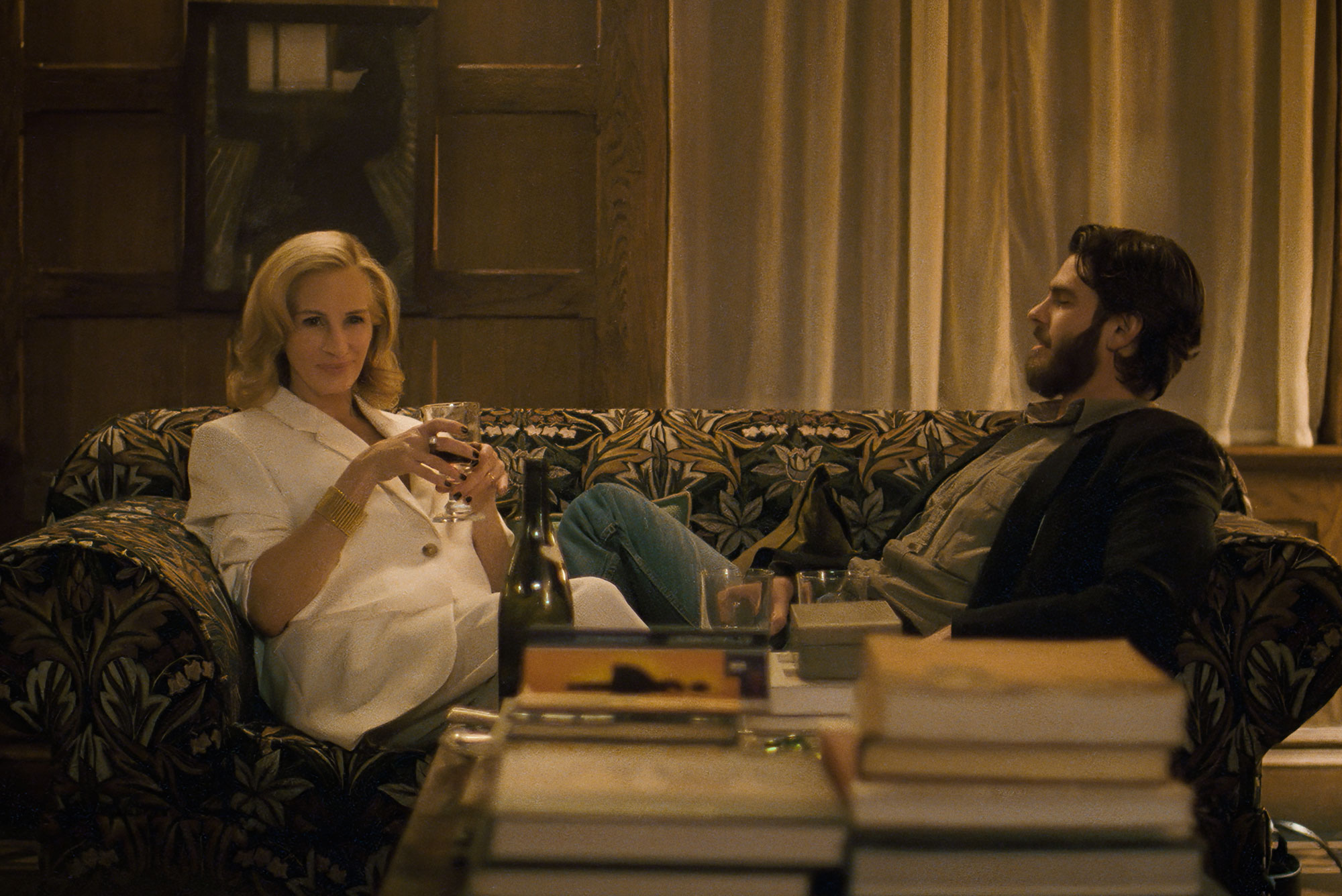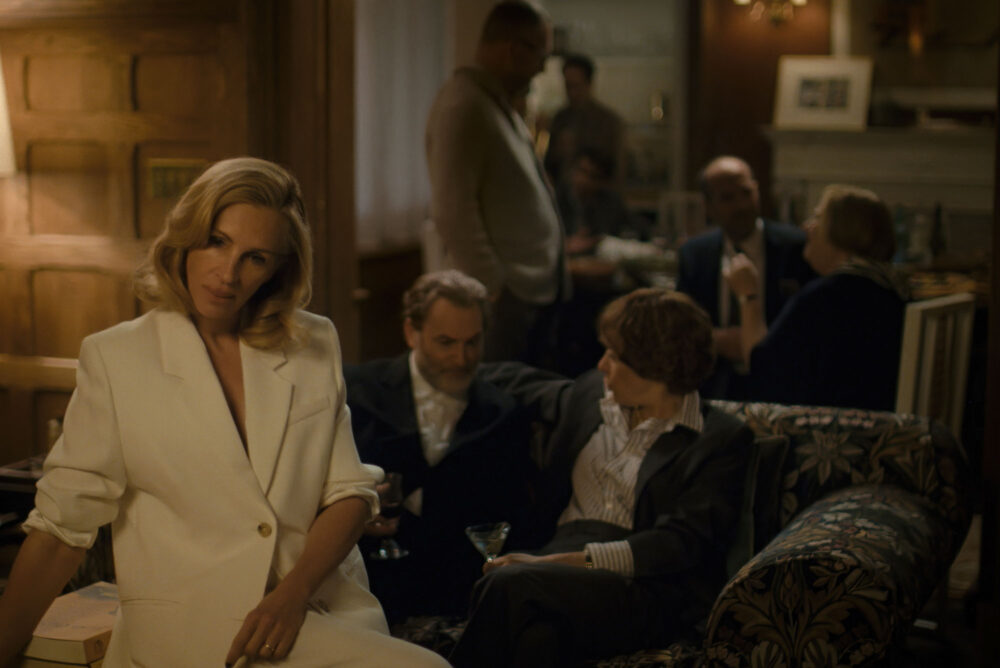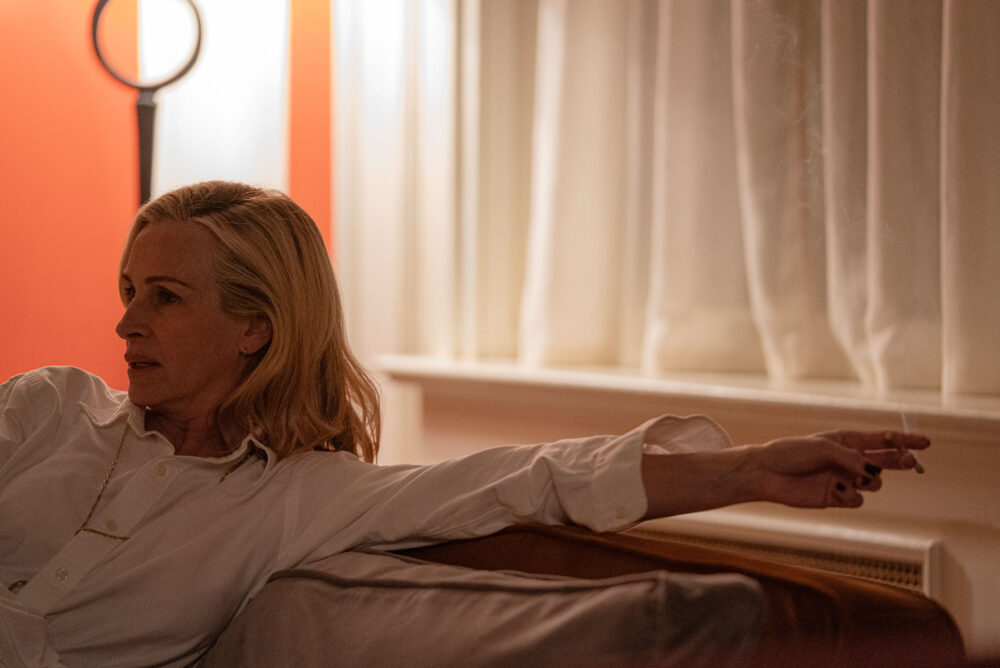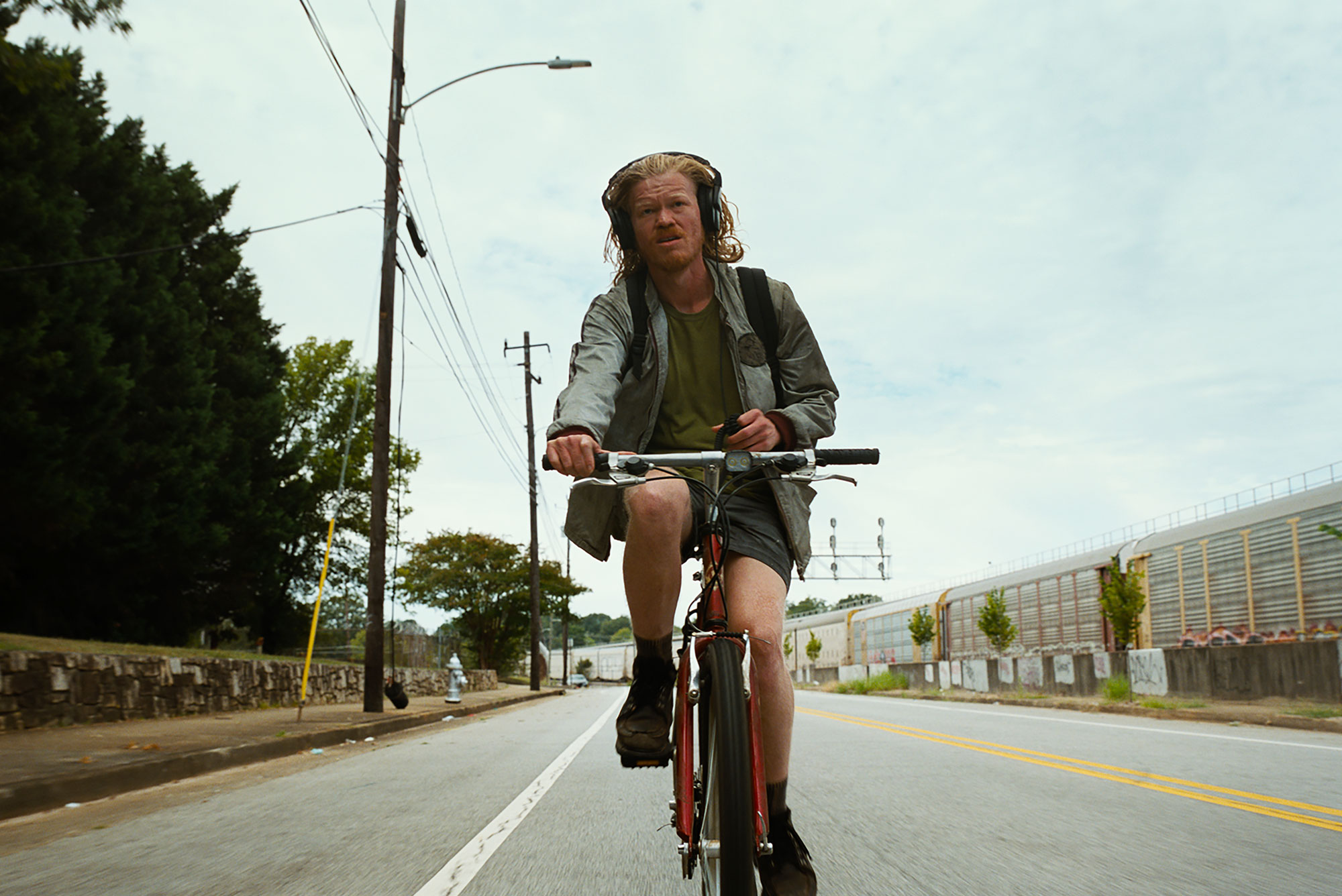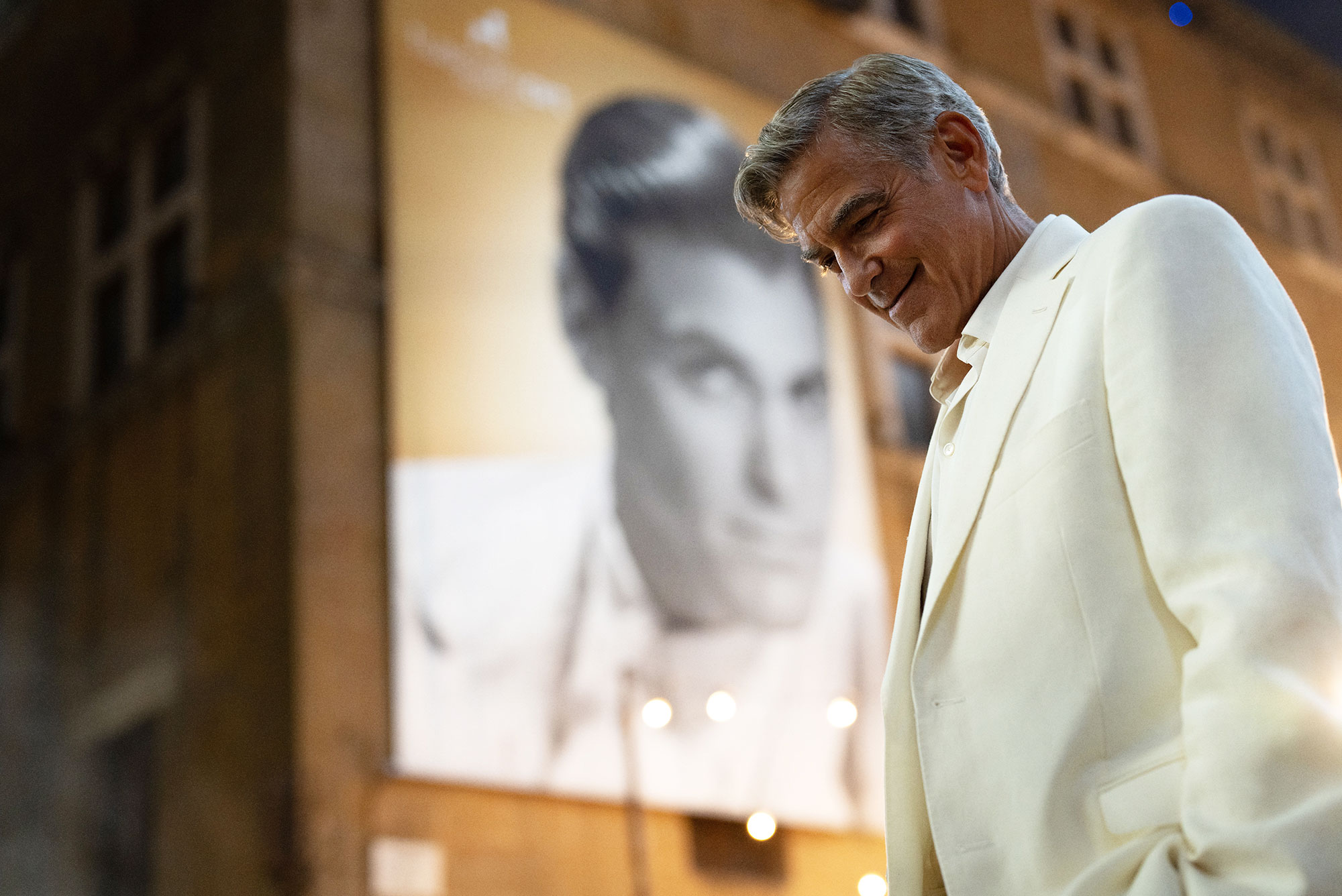Words by JANE CROWTHER
For what is ostensibly a stoner comedy, One Battle After Another moves pretty fast. Opening with a militant counterculture group, The French 75, in El Paso freeing border-crossing detainees from a military compound via gunplay and fireworks, the pace starts at running and doesn’t flag in Paul Thomas Anderson’s most commercial, entertaining project to date. Pat (Leonardo DiCaprio) is the pot-smoking explosives expert of the gang, led by charismatic agent of chaos Perfidia Beverly Hills (Teyana Taylor, electric). The duo are lovers and, during their US/Mexican border compound attack, taunt – in every way – tightly wound Colonel Lockjaw (Sean Penn). A man so coiled his walk is a jerking strut, Lockjaw’s disgust/desire for Perfidia then powers a manhunt for the group, also conducted at a (literal) sprint. Those battles that come one after another are the constant state of flight Pat finds himself in, when 16 years after key events, Lockjaw is still on his tail. And Pat is still baked. As he tells an underground switchboard operator demanding the secret passwords when he dials in for help: “I’ve smoked a lot and I can’t remember…”
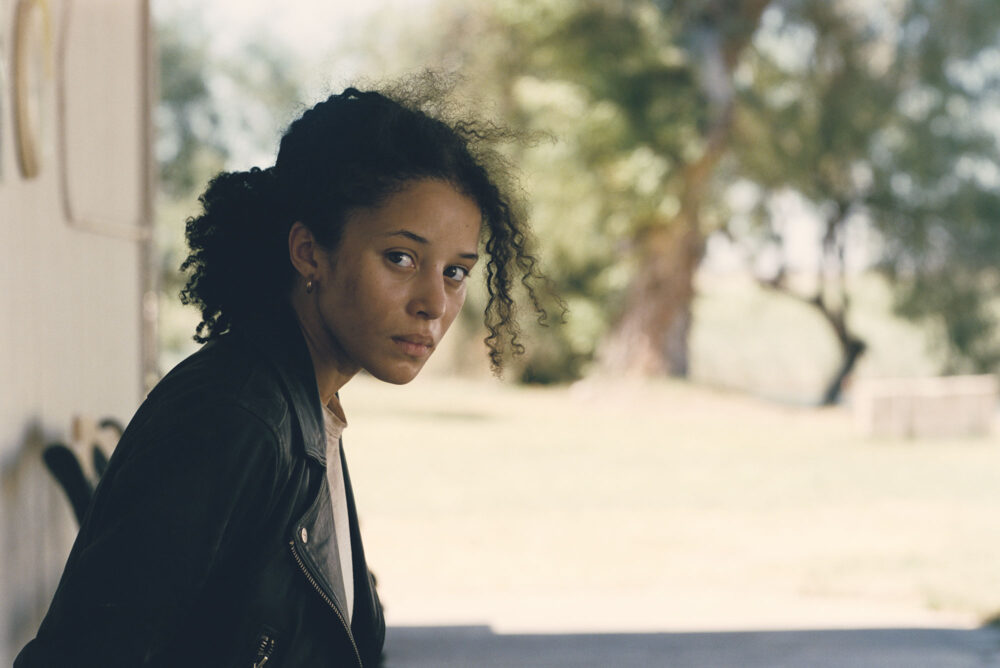
Loosely based on Thomas Pynchon’s Vineland, Anderson takes in themes of immigration, white supremacy, racism and corruption by making them a lot of fun and a lot of a mess. Pat is a befuddled fool who cocks up escapes and rescues but is driven in his mission to protect his teen daughter (Chase Infiniti, superb). He may run around like a headless chicken in a mangy dressing gown, throwing himself inexpertly from a car and falling off roofs, but his paternal love is sure. DiCaprio is a hoot to watch as he careens from one disaster to another, the funniest and loosest he’s been in his career. His nemesis, Lockjaw, is another Penn masterclass. Sketched as a psychological soup of neuroses and kinks, Penn takes Anderson’s character and physically inhabits him to grotesque and fascinating effect. Bulging out of his clothes and, it seems, skin – with a comedy haircut, southern drawl and a barely contained rage – Lockjaw is like a psychotic Foghorn Leghorn on steroids, and a dirty pleasure to watch.
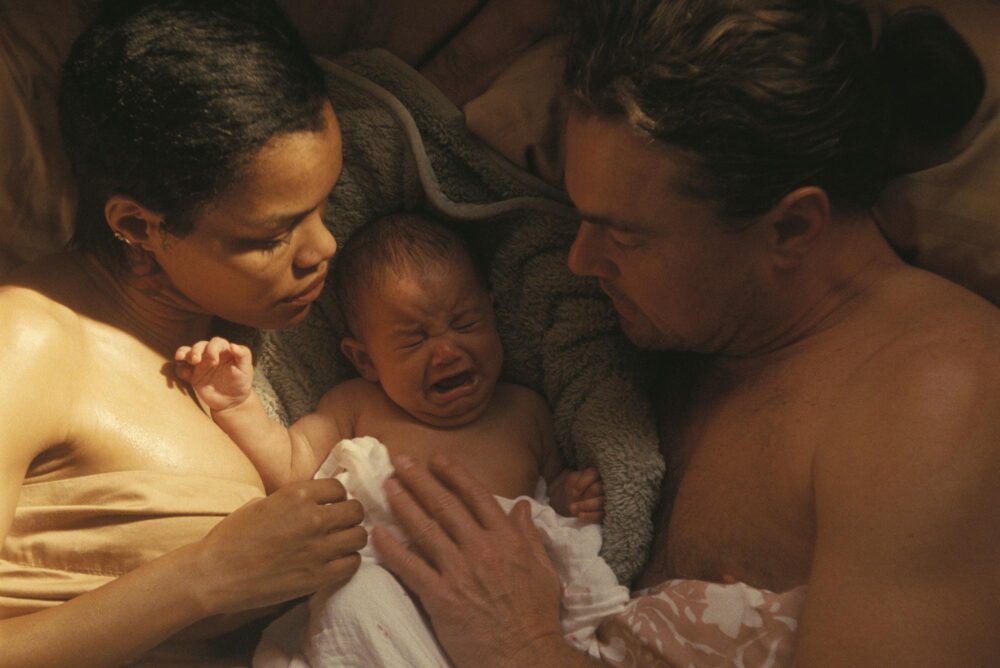
Though DiCaprio and Penn are the main adversaries in this story of 21st-century America, every player is sensational. Benicio del Toro is a cool sensei who likes a beer as he saves the day, Infiniti aces her debut as a collected teen parenting her lackadaisical dad and Tony Goldwyn brings a MAGA chill to proceedings as an industry leader with a secret basement HQ and views that are only missing white hoods. But the absolute comet who blazes through it all – and leaves a vapour trail when off-screen – is Teyana Taylor; magnificently, unapologetically fierce, with two lone eyelash extensions and a semi-automatic, she is one of cinema’s great female creations.
Filmed in VistaVision with a propulsive Johnny Greenwood score and numerous sequences you’ll want to watch on repeat (DiCaprio trying to keep up with parkour dudes, badass nuns, a Christmas meeting in a kitsch bunker, an undulating car chase), One Battle After Another is funny, witty, salient and thrilling. Plenty of bang for your buck.
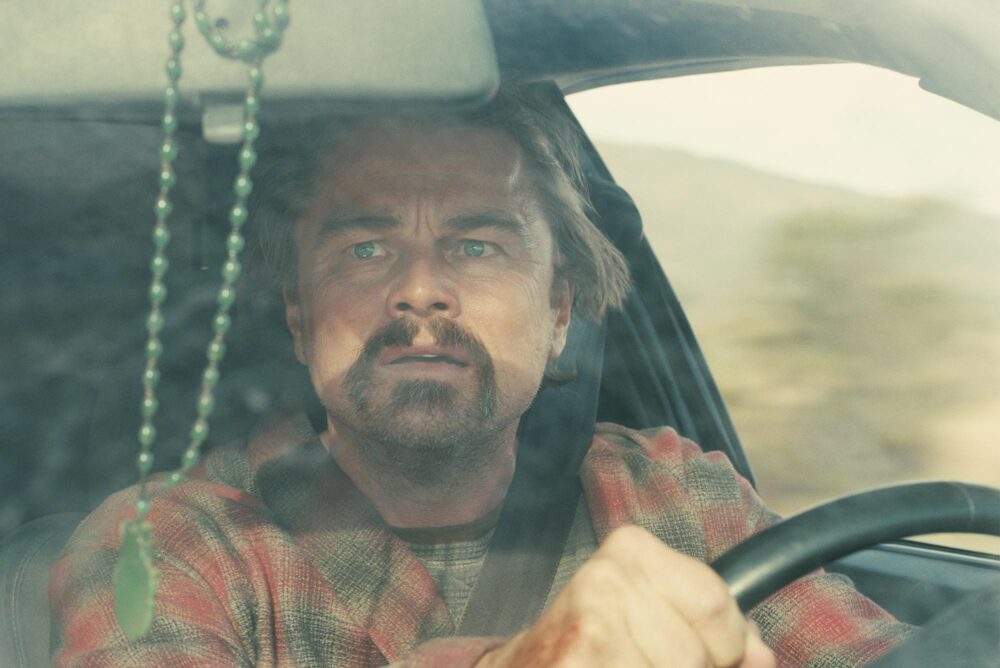
Words by JANE CROWTHER
Pictures courtesy of WARNER BROS. PICTURES
One Battle After Another is in cinemas now

